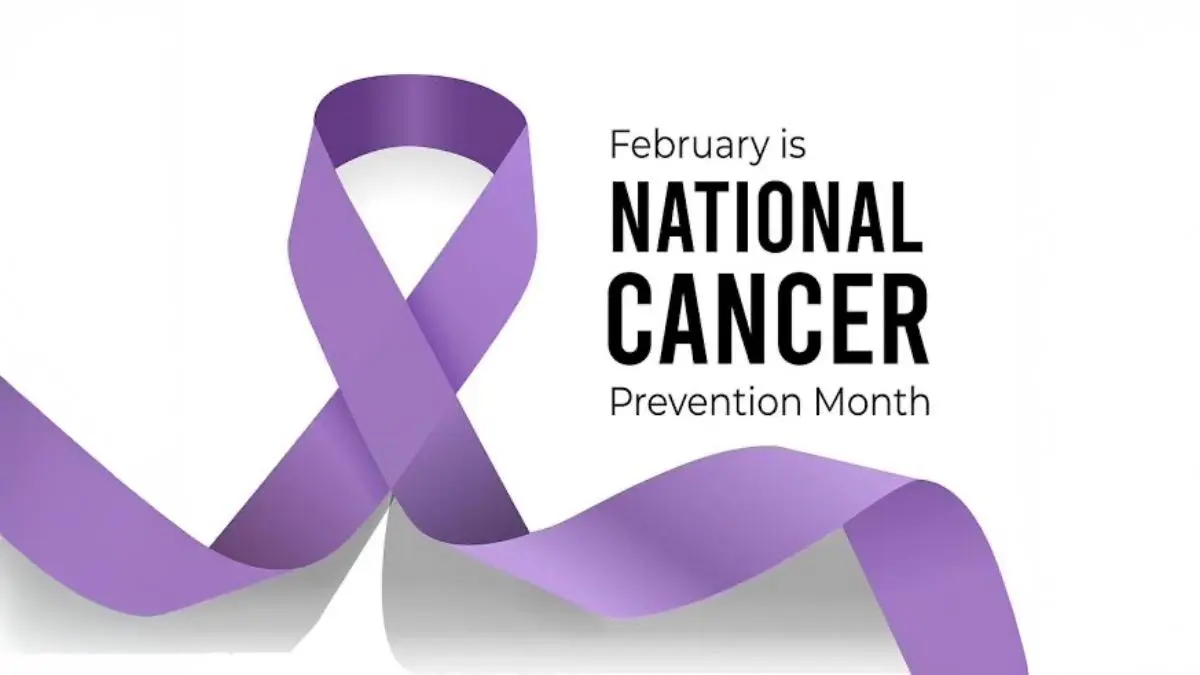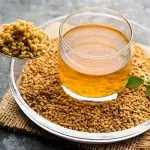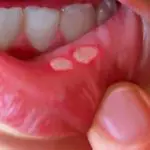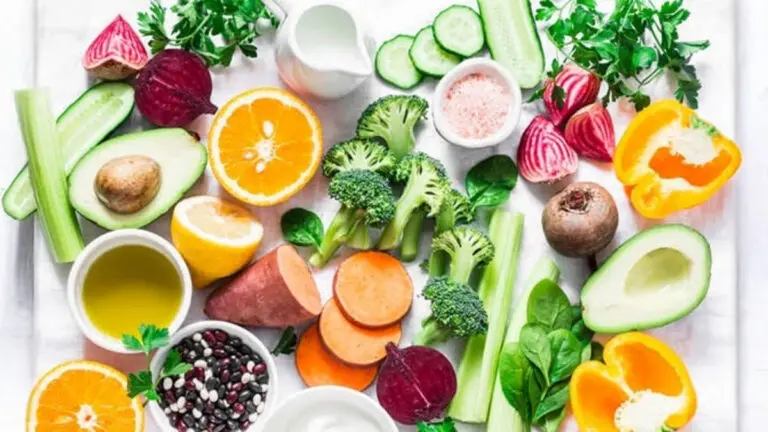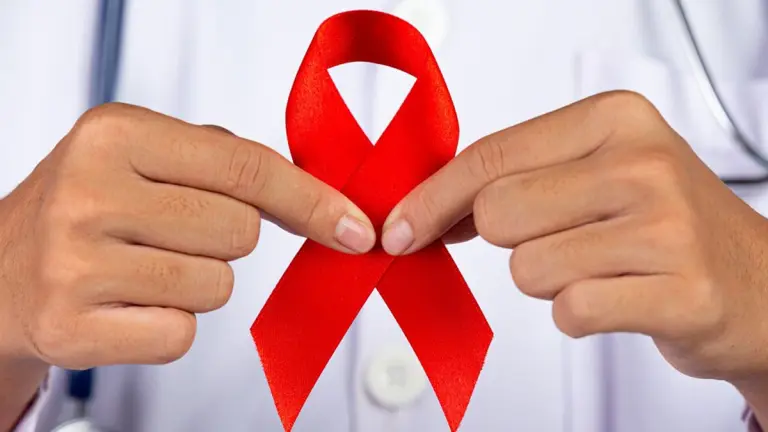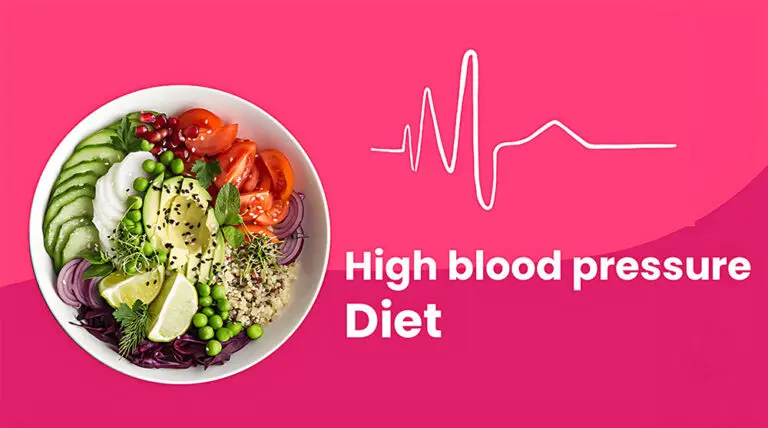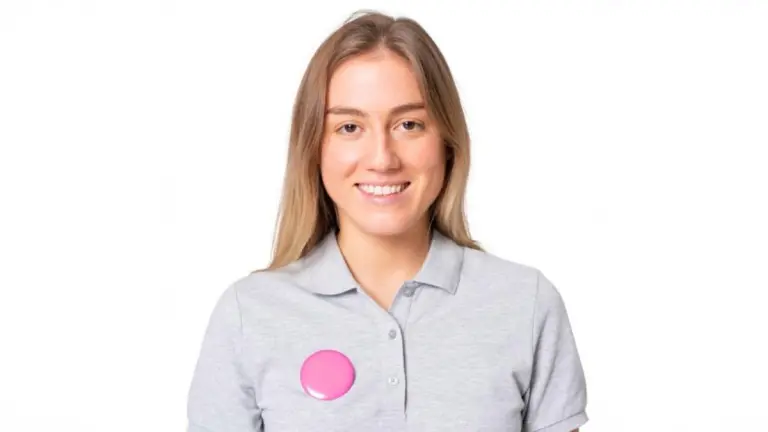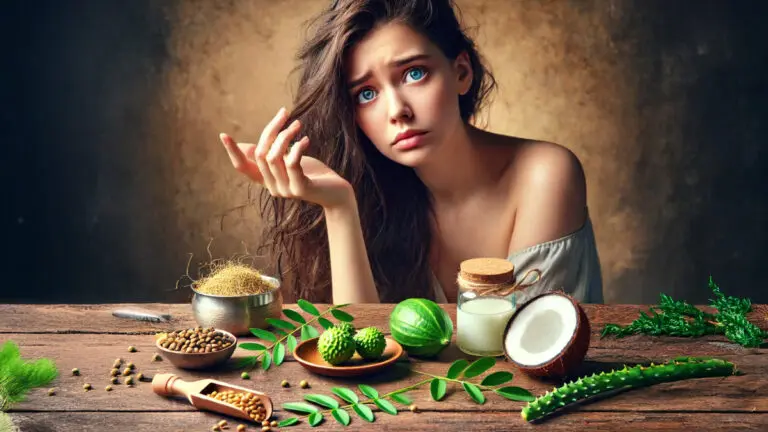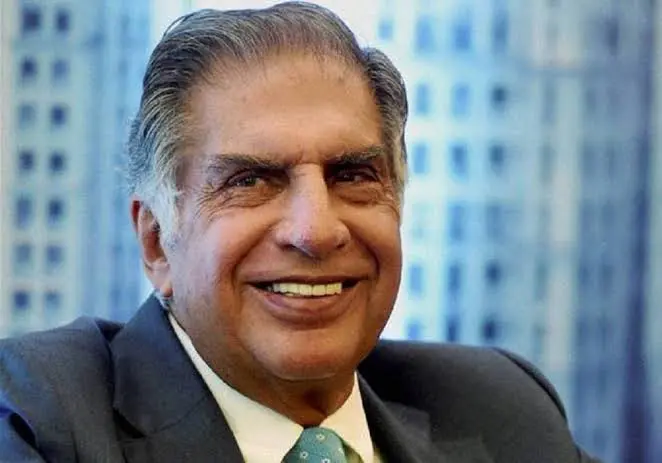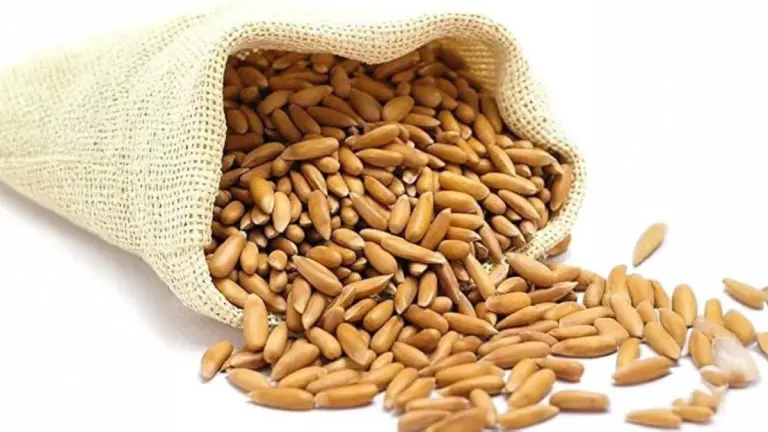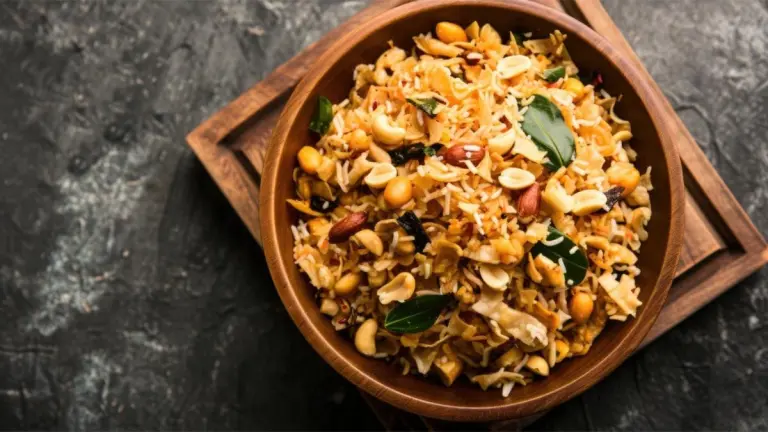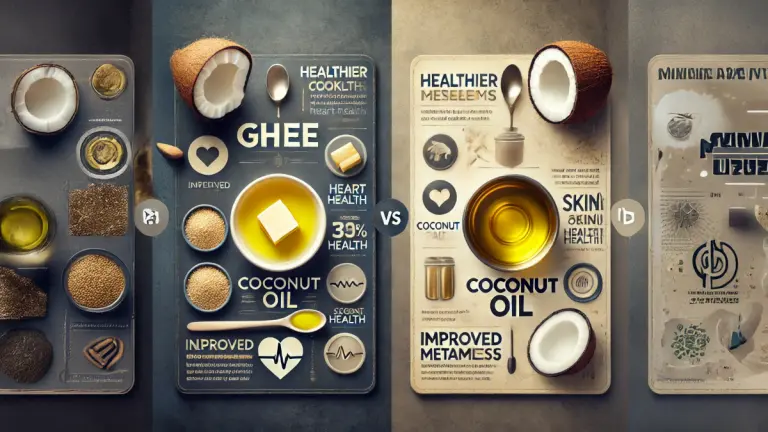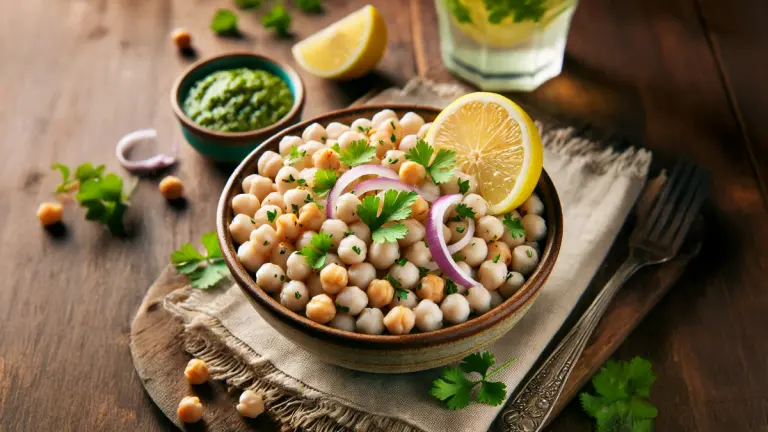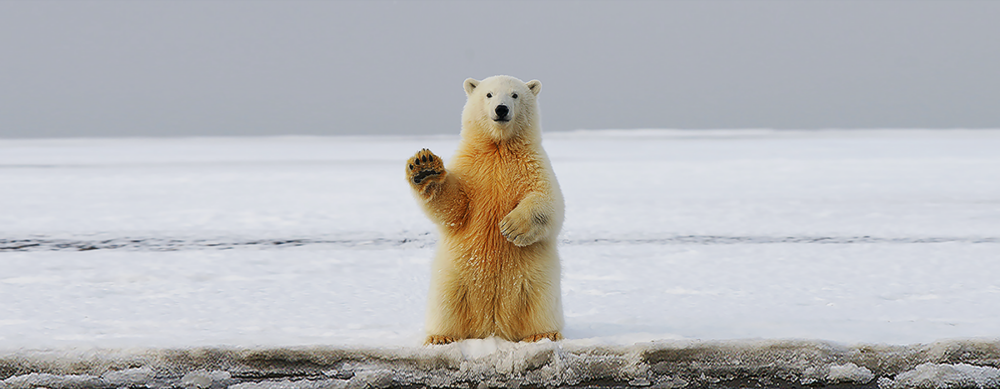Every year on November 7, India observes National Cancer Awareness Day. The day’s objective remains to increase awareness of cancer prevention, early detection, and accessible treatment options.
National Cancer Awareness Day: Every year on November 7, India observes National Cancer Awareness Day. The day’s objective remains to increase awareness of cancer prevention, early detection, and accessible treatment options.
The National Cancer Control Program was established in 1975 to improve cancer treatment facilities across the nation. By 1984-85, the program’s focus shifted to cancer prevention and early diagnosis, as their importance in the fight against the disease became clearer.
Here are everyday things that can prevent cancer
Healthy Diet: A diet high in fruits, vegetables, whole grains, and lean proteins can help prevent cancer. “A diet high in antioxidants, such as vitamins C and E, protects cells against damage. Fibre-rich foods help in proper digestion and maintaining a healthy weight, all of which have been linked to a lower risk of cancer. Cruciferous vegetables, such as broccoli, cabbage, and Brussels sprouts, can be eaten on a regular basis due to their qualities,” says Dr Vinay Samuel, Director of Surgical Oncology at the Oncology Centre, CK Birla Hospital Gurugram.
Don’t smoke: The only safe amount of smoking is no smoking.
National Cancer Awareness Day: Every year on November 7, India observes National Cancer Awareness Day. The day’s objective remains to increase awareness of cancer prevention, early detection, and accessible treatment options.
The National Cancer Control Program was established in 1975 to improve cancer treatment facilities across the nation. By 1984-85, the program’s focus shifted to cancer prevention and early diagnosis, as their importance in the fight against the disease became clearer.
Here are everyday things that can prevent cancer
Healthy Diet: A diet high in fruits, vegetables, whole grains, and lean proteins can help prevent cancer. “A diet high in antioxidants, such as vitamins C and E, protects cells against damage. Fibre-rich foods help in proper digestion and maintaining a healthy weight, all of which have been linked to a lower risk of cancer. Cruciferous vegetables, such as broccoli, cabbage, and Brussels sprouts, can be eaten on a regular basis due to their qualities,” says Dr Vinay Samuel, Director of Surgical Oncology at the Oncology Centre, CK Birla Hospital Gurugram.
Don’t smoke: The only safe amount of smoking is no smoking.
According to oncologist Charles Swanton, who treats lung cancer patients and serves as the lead clinician for Cancer Research UK. Swanton says that witnessing the agony of lung cancer patients serves as a powerful reminder of how catastrophic the consequences of smoking can be. He goes on to say: “Smoking doesn’t just cause lung cancer, but also cardiovascular diseases such as heart attacks, stroke and vascular dementia – in addition to 15 other cancer types.”
Exercise daily: Regular physical activity is one of the most effective cancer prevention methods. It keeps your body fit and at a healthy weight. A minimum of 150 minutes of moderate activity or 75 minutes of intensive exercise each week is recommended. Exercise also regulates hormone levels, which can minimise the risk factors associated with diseases caused by hormonal imbalances such as breast and prostate cancer.
Sun protection: The sun’s UV radiation causes skin cancer. Apply sunscreen with an SPF of 30 or higher, wear protective clothing, and avoid exposure between 10 a.m. and 4 p.m. Avoid tanning beds and sunlamps, which release harmful UV rays.
Manage Stress: Long-term chronic stress can have a harmful impact on your immune system, potentially rendering you incapable of fighting off malignant cell changes. To manage stress, try relaxation therapies such as meditation, yoga, or deep breathing. Regular sleep and proper participation in work and leisure activities help to sustain mental and physical health.
(Disclaimer: The information given here is based on general information. Before adopting it, definitely take medical advice. THE MONK does not confirm this.)

